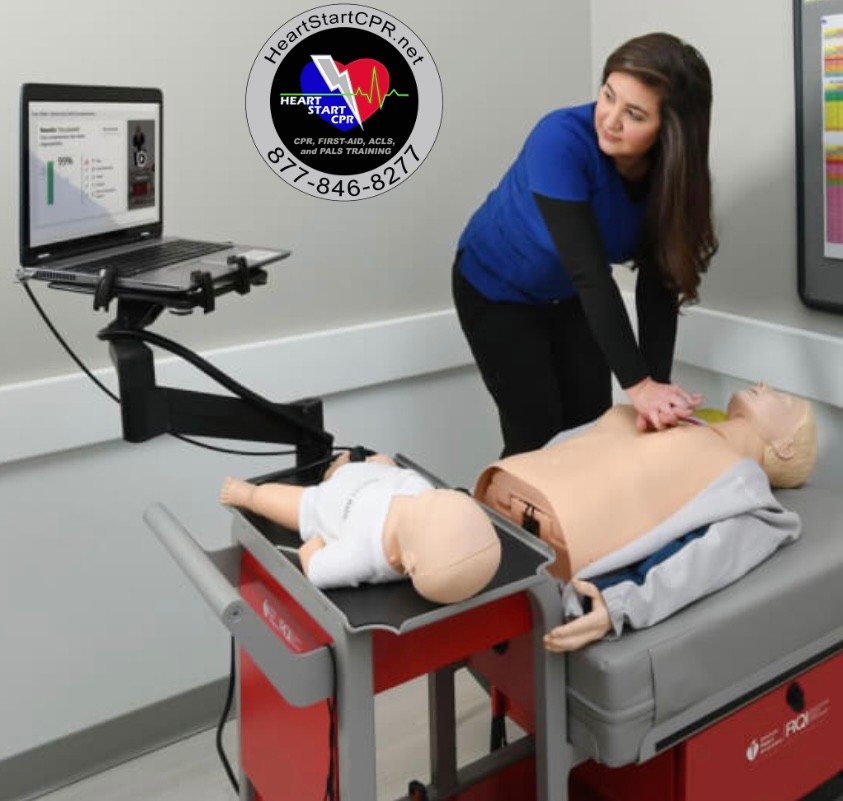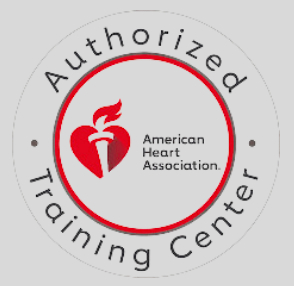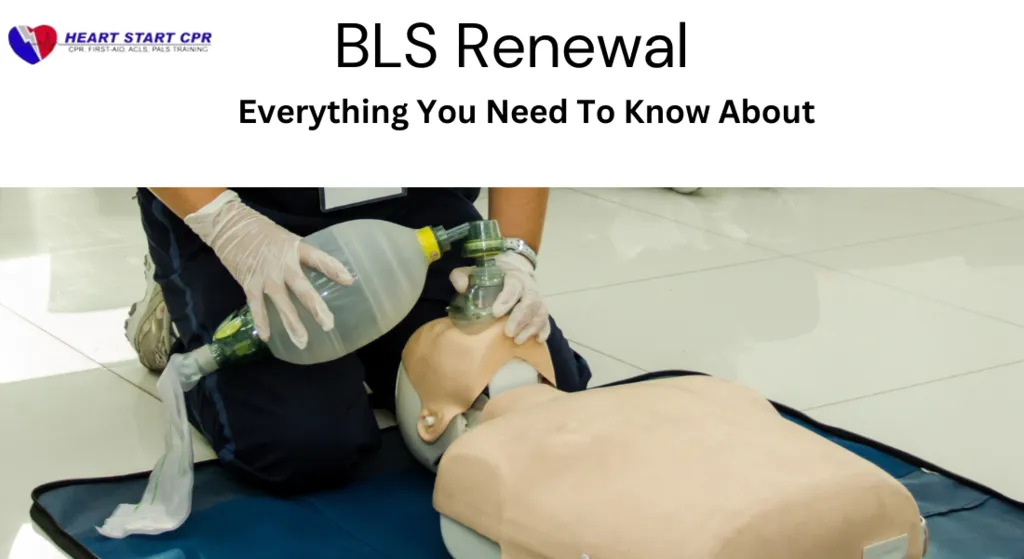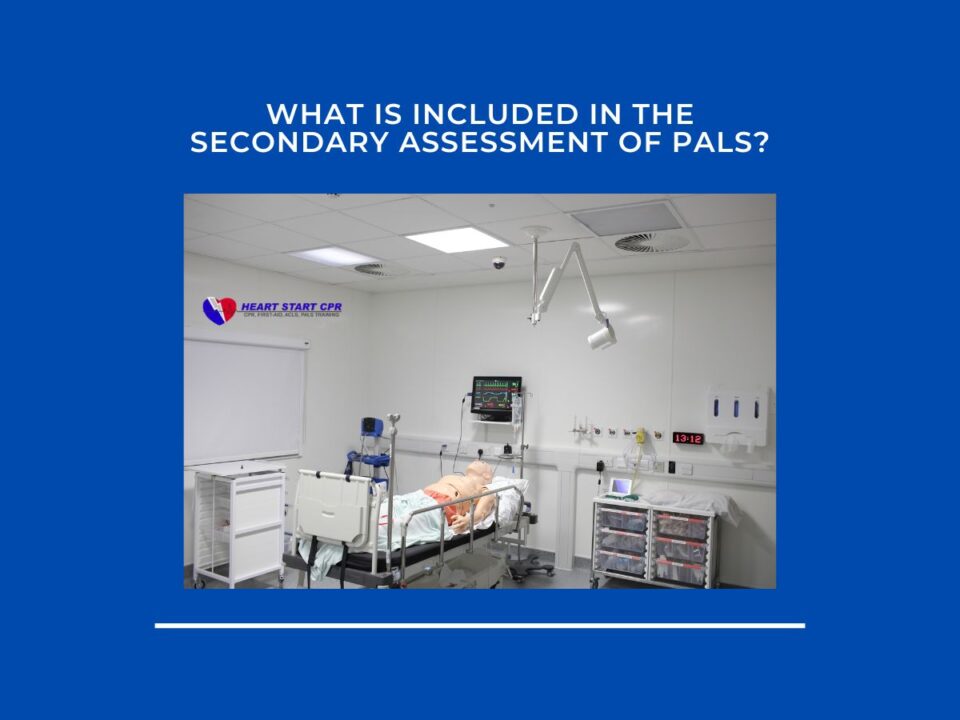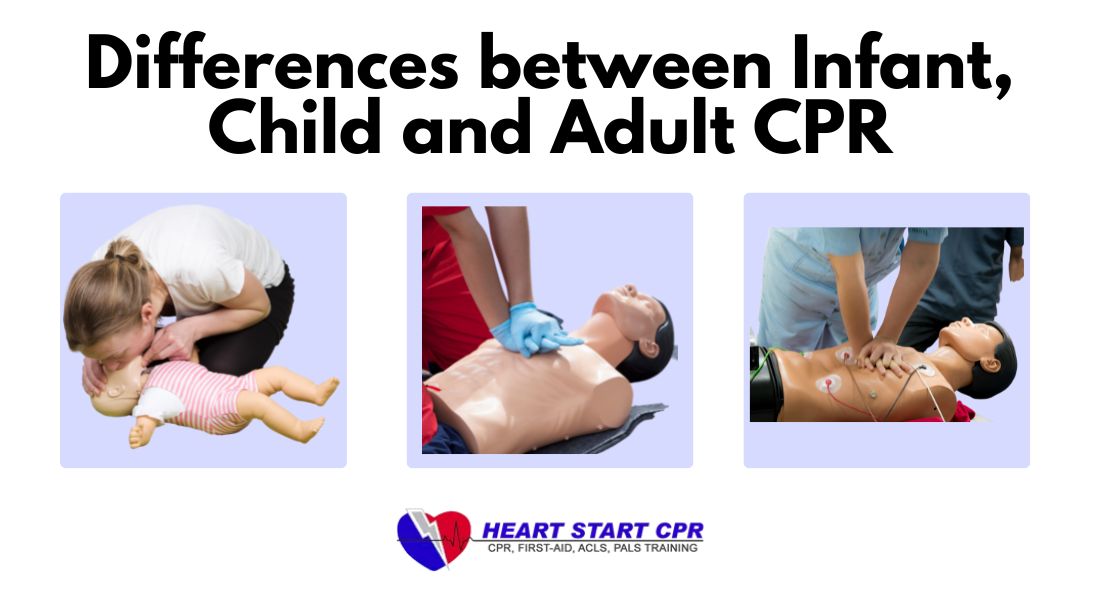
Difference Between an Adult, Infant and a child CPR
January 25, 2023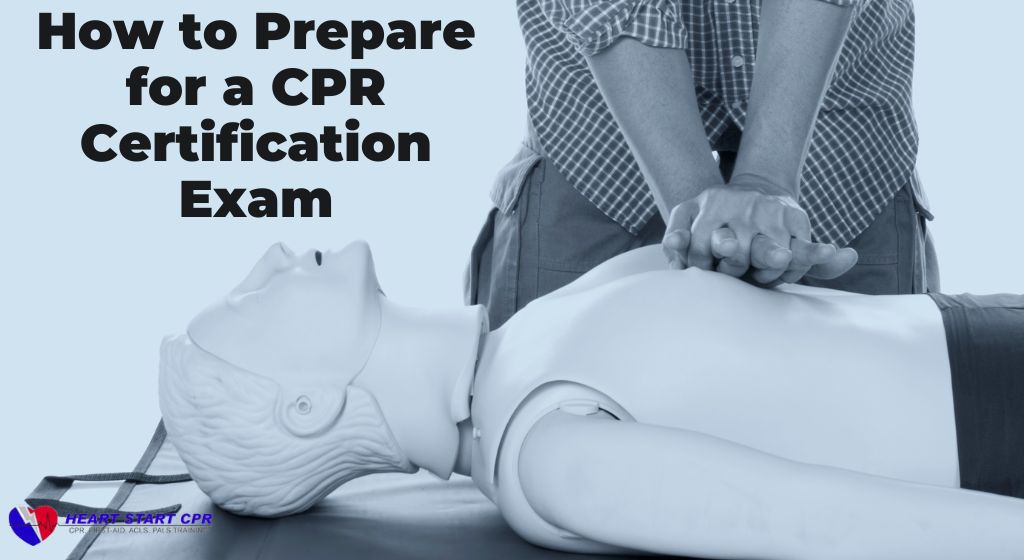
How to Prepare for a CPR Certification Exam
March 2, 2023Table of contents
- Who needs BLS Certifications?
- BLS Certification Online
- What are the requirements for BLS Certification Renewal?
- When does BLS expire?
- How to renew your BLS certifications?
- BLS recertification classes
- Why is BLS Renewal important for Healthcare Providers?
- Common mistakes to avoid when renewing BLS certification
- Continuing education opportunities for BLS renewal at Heart Start CPR
- BLS Renewal FAQs
As a healthcare professional, keeping your Basic Life Support (BLS) certification current is essential to providing safe and effective patient care. Many healthcare professionals, including nurses, paramedics, and doctors, need BLS certification. It must be renewed on a regular basis. However, with busy schedules and competing priorities, letting your BLS certification expire can be easy.
In this article, we will provide essential information and tips on How to renew your BLS certification so you can stay current and continue to provide quality care to your patients. We will cover eligibility requirements, renewal options, deadlines, common mistakes to avoid, and continuing education opportunities that can help you fulfill your renewal requirements. We will also answer frequently asked questions about American Heart Association BLS renewal so you can confidently have all the information you need to renew BLS certification. So, let's answer your question about how to renew BLS certification in detail.
Who needs BLS Certifications?
It is a set of skills and techniques used to support the circulation and breathing of an individual in emergency cardiovascular care. BLS certification is necessary for medical professionals such as doctors, nurses, paramedics, emergency medical technicians (EMTs), and non-medical professionals such as lifeguards and fitness instructors who must show up for emergency care.
What are the requirements for BLS Certification Renewal?
Eligibility requirements for American Heart Association BLS renewal vary depending on the organization issuing the certification. However, generally speaking, to be eligible for BLS renewal, an individual must:
- Hold a current, valid BLS certification.
- Complete the necessary continuing education or training requirements of AHA BLS renewal. This may include online BLS recertification courses, in-person classes, or skills assessments. The number of continuing education hours required for renewal may vary depending on the organization.
- Pass any required written or skills exams.
- Meet any other requirements specific to the organization issuing the certification.
It is important to note that AHA BLS certification is renewed every two years. Always check the organization's policies that issued your certification for specific renewal requirements.
It is always wise to check the website of the organization that issued the certification to know the exact requirements for AHA BLS certification renewal.
When does BLS expire?
BLS certification expires after 2 years. BLS's expired grace period is 30 days. After which, a recertification course should be undertaken and pass the recertification test within 30 days from the date of expiration. You can enroll in online or in-class courses.
How to renew your BLS certifications?
When your expiry limits cross, you must renew your BLS certification every two years. So, How do you renew your AHA BLS certification? First, You need to take a BLS renewal course and pass the associated certification exam. The specific requirements for renewing BLS certification may vary depending on the certifying body, but generally, the process includes the following steps.
- Find a BLS renewal course that is approved by the certifying body you are using (such as the American Heart Association or the American Red Cross).
- Complete the BLS renewal course and pass the associated certification exam.
- Once you pass the certification exam, you will be issued a new BLS renewal card valid for a certain period.
- Repeat the process before your expired BLS certification exceeds the 30-day renewal time period to maintain your current status.
BLS recertification classes
There are 2 ways to recertify your expired AHA BLS certification. The first option is to take an online recertification course, and another option is to enroll in an in-class recertification course. Most of the emergency training schools, including Heart Start CPR, offer both online and in-class BLS renewal courses. Let’s learn in detail about the BLS recertification classes:
Online BLS recertification class
A simple question, ‘How to renew my BLS online?’ is often asked by students. No wonder recertifying a BLS card online is simple and easy because it can be accessed anytime and anywhere. Online BLS recertification courses are designed for busy personnel like nurses, doctors, MDs, healthcare providers, etc., so they can access to the learning stuff at any time and complete it at their own pace.
How to enroll in an online AHA BLS certification renewal course?
- Visit our online BLS course page
- Enroll in the recertification course
- Access the materials
- Pass the recertification test
- Get same-day BLS card
Note: You can retake your recertification exam for an unlimited time.
In-class BLS recertification class
Students can enroll in an in-class BLS recertification course besides the online BLS recertification class. Here students/healthcare providers can have a hands-on learning environment while also having direct instruction from experts and experienced tutors. Real-time feedback and immediate learning from mistakes can help students and healthcare providers catch the wave. If you are close to the emergency training school, you can enroll in an in-class American Heart Association (AHA) BLS renewal class.
How to enroll in an in-class AHA BLS certification renewal course?
- Visit our BLS training class page
- Enroll in the recertification course
- Access equipment and all learning materials
- Get directions and instructions from the trainer
- Pass the recertification test
- Get same-day BLS certification
Why is BLS Renewal important for Healthcare Providers?
Healthcare professionals must stay current with their Basic Life Support (BLS) certification because BLS is a fundamental level of medical care that is often the first line of treatment in emergencies. The certification ensures that healthcare professionals are trained and able to provide immediate, life-saving care to patients in need, including performing CPR, using an AED, and providing basic airway management per the latest AHA guidelines. Additionally, many employers require healthcare providers to be BLS certified as a condition of employment. Continuing education requirements may also mandate BLS certification.
Common mistakes to avoid when renewing BLS certification
Fail to renew American Heart Association (AHA) BLS Certification in Time: Ensure you renew your certification before it expires to avoid retaking the entire course.
Not completing the required continuing education: Many authorities require that you complete a certain amount of continuing education before you can renew your BLS certification. Please ensure you know these requirements and complete them before attempting to renew.
Fail to Provide accurate information: Double-check all information on your renewal application, such as your name, address, and certification number, to ensure it is correct and up-to-date.
Not paying attention to expiration dates: Some certification bodies have different expiration dates; be aware of your certification's expiration date.
Not providing proof of certification: Some authorities may require you to provide proof of your current certification to renew. Make sure you have the necessary documentation before attempting to renew.
Continuing education opportunities for BLS renewal at Heart Start CPR
There are several options for continuing education (CE) to renew Basic Life Support (BLS) certification. Following are some of the ways:
Online courses: Heart Start CPR offers online BLS courses that can be completed at the learner's own pace.
On-site Training: Heart Start CPR offers in-person BLS recertification courses that can be taken at a designated location.
Skills testing: Heart Start CPR offers skills testing as an option for BLS certification. This typically involves demonstrating proficiency in the skills required for BLS through hands-on practice with a trained instructor.
Classroom courses: Heart Start CPR offers BLS renewal courses, which provide a review of the material covered in the initial BLS course.

